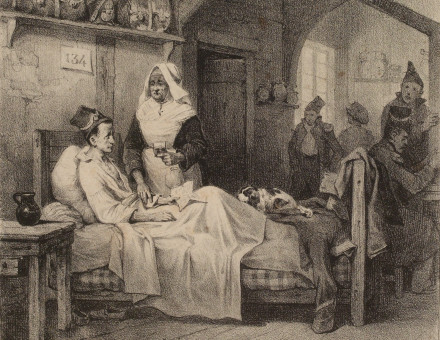‘Never Where’ and the Afro-Saxons
Margaret Kekewich points to the value of prehistory at school as a key to national unity.
Two key debates are currently taking place about England’s future: on the absence of a strong national identity (a problem even more associated with England itself than with Britain as a whole), and on the alienation of ethnic minorities from society, problems whose consequences the young are most likely to suffer. Many writers have defined the nature and causes of these problems but their answers tend to polarise into crudely left- or right-wing solutions.
History as currently taught in schools and universities only exacerbates the difficulties. Imperialism is excoriated as evil, as a result of which the white population is forced perpetually to apologise for the past, while ethnic minorities are given the equally negative historical role of victims and underdogs, fulfilling the very stereotypes from which they need to escape. One possible answer, as was suggested in South Africa recently by a commission set up to advise teachers by the education minister, is to put more emphasis on prehistory and early history.





